

In 1889, the first Transactions of the American Orthopedic Association, encompassing the 1887 and 1888 annual meetings, are published in accordance with the AOA by-laws. Held at the Academy of Medicine New York.
From 1889 to 1933, the title of The Journal evolved four times. Over the course of this period, The Journal became the official publication of the British Orthopaedic Association, American Orthopaedic Association, and the American Academy of Orthopaedic Surgeons.
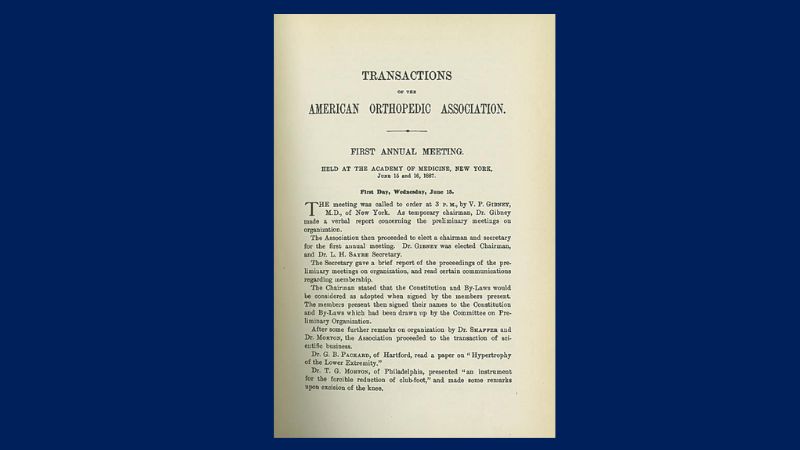
In 1889, the first Transactions of the American Orthopedic Association, encompassing the 1887 and 1888 annual meetings, are published in accordance with AOA by-laws.
In 1903, the Transactions becomes The American Journal of Orthopedic Surgery.
In 1919, The American Journal of Orthopedics becomes the official publication of the British Orthopaedic Association, in addition to the American Orthopaedic Association, and the name is changed to The Journal of Orthopaedic Surgery.
In 1922, the title of The Journal is changed to The Journal of Bone and Joint Surgery.
In 1933, The Journal becomes the official publication of the newly formed American Academy of Orthopaedic Surgeons, although ownership is maintained by the American Orthopaedic Association.

The cover of The Journal has undergone not only design but title changes. Enjoy this journey through history.
The Journal’s offices are moved from E. G. Brackett’s home to #8 The Fenway, Boston Medical Library.
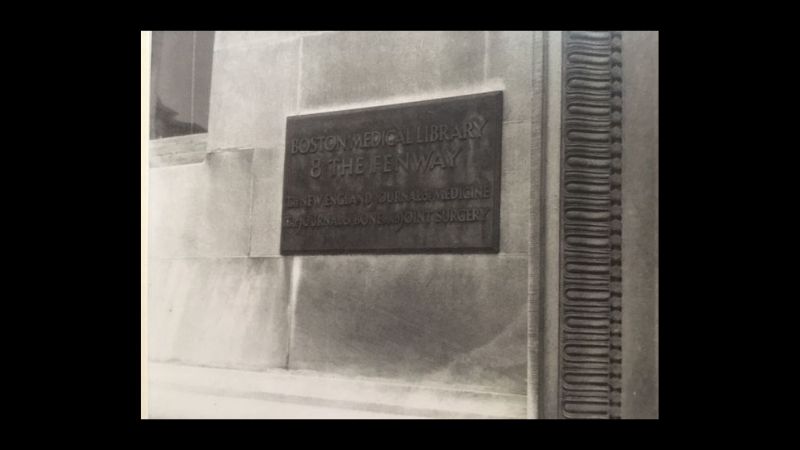

Shortly after WWII, leaders of the American and British volumes of JBJS developed friendships and created an alliance that extended for decades. They met socially on a regular basis – gathering on both sides of the pond – and developed a co-publication plan to reflect the international characters of both Journals.
Initially, the co-publication plan devised by American Editor-in-Chief William A. Rogers and British Editor-in-Chief Sir Reginald Watson-Jones called for 8 volumes per year of the American volume and 4 volumes per year of the British volume . A subscription to both volumes could be purchased for $14, and subscriptions to each individual volume could be purchased for $10. Early negotiations around issue pricing, currency exchanges, and international postal regulations continued for years. However, both Journals largely worked harmoniously on these administrative details for the next several decades.
In January 1981, the Journals modified their publishing schedules in an effort to address the increasing number of high-quality papers submitted, reduce delays between article acceptance and publication, and further distinguish between the two Journals. Both agreed to increase the number of issues published to 9 per year. American issues would be referenced by month, while British issues would be referenced by number.
Throughout the first decade of the 21st century, the American and British Journals continued their affable working relationship. However, in 2011, the two Journals agreed to chart the courses of their individual futures by severing their formal ties. Each Journal was given complete control over its publication frequency and autonomy over its editorial and business strategy and brand.
The current, independent, non-profit corporation, The Journal of Bone and Joint Surgery, Inc., is established and the AOA relinquishes ownership.
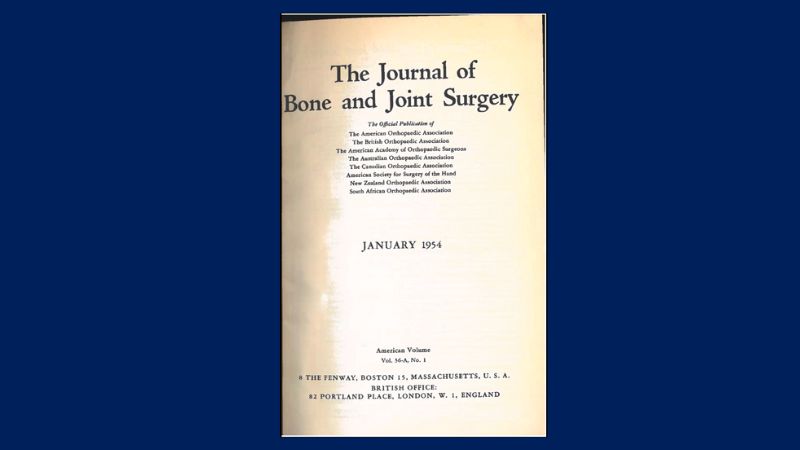

The main offices of JBJS are moved to Harvard’s Countway Medical Library.
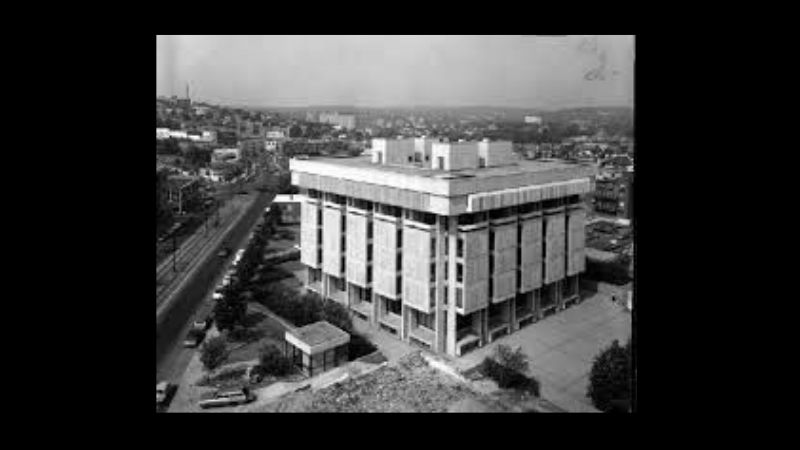

The Journal, faced with the concern that an increasing number of high-quality manuscripts were being submitted each year and aware of the fact that the acceptance of more papers for publication had led to a longer interval between acceptance and publication, decided to increase the number of issues published each year.
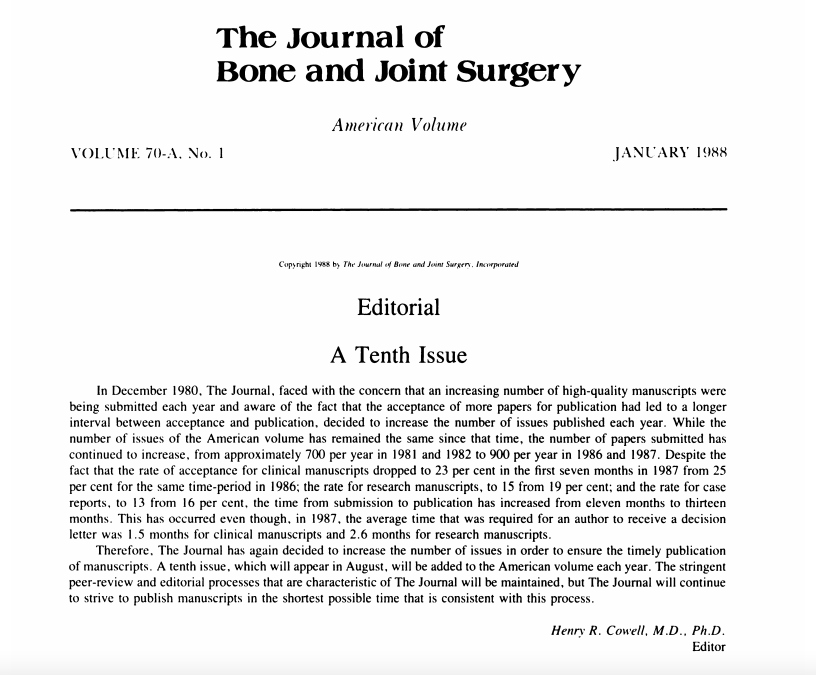
JBJS Editorial Staff and Trustees recognized that to support the JBJS mission, the organization must encourage authors to submit their best material. For authors to do so, it was imperative that they be comfortable with the review process, which should follow stringent standards in an author-friendly way.
Some authors felt that an author’s perceived status—based on their institution and location—might affect whether a manuscript was rejected or accepted. While no such bias was proven, JBJS believed that even the perception of bias should be eliminated and therefore instituted a blind peer review process.
Starting in July 1994, manuscripts were required to be submitted with two cover sheets: one that contained author names and contact information and a second to be sent to reviewers with only the manuscript title.

The main offices are moved to 20 Pickering Street, Needham which remains the current location.
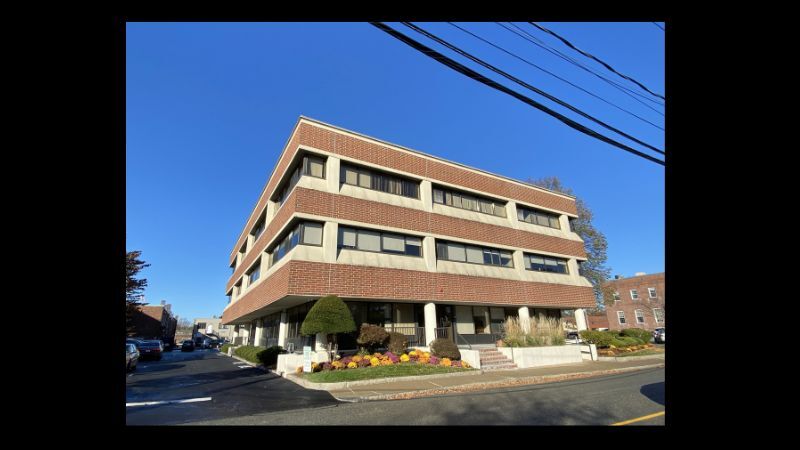

While the AAOS had its own Journal, JBJS supported the newly formed organization and committed to publishing the Academy’s leading instructional course lectures and annual presidential address. This allowed JBJS to expand its visibility with AAOS members worldwide over 24 years until ending the program in February 2017.
As the Official Scientific Journal of AAOS, JBJS expanded its international reach and presence among AAOS members and orthopaedists worldwide.
The Deputy Editor workshop became a crucial component of publishing JBJS during Henry Cowell’s leadership as Editor-in-Chief.
During these workshops, Deputy Editors would gather together with reviewers, Associate Editors, and others to resolve disagreements around reviewers’ grades.
Dr. Cowell was intent on increasing the frequency of these workshops and using them to extend the Journal’s outreach among key stakeholders and enhance education on how to effectively critique manuscripts, helping to raise the bar for editorial excellence.
Dr. Cowell also prioritized continuing education for Journal staff, whether that meant training on new computer technologies or supporting senior staff membership in professional societies and participation in conferences.
Dr. Chapman approved the OREF-JBJS Journal Club, teamed with HighWire Press for the electronic version of JBJS, and created a CD-ROM version of JBJS. The historic member benefit contract between the AAOS and JBJS was agreed to in 2001.
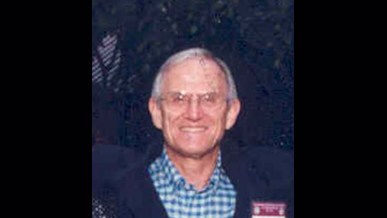
Dr. Chapman oversaw additional high-level business developments. The Board clarified that JBJS would retain full copyright on all published content, and that it would not grant that copyright to others. Prior to this, exceptions for certain institutions were allowed.
Also, the Trustees agreed that the cover of The Journal of Bone and Joint Surgery would reflect its origins from the American Orthopaedic Association.

JBJS‘s established position as the highest-quality journal in the field and required reading among orthopaedists was the impetus behind this program to make the Journal readily available to every orthopaedist in America. This member benefit ended in February 2017.
JBJS diversified its business and expanded its offerings by introducing the ability to earn CME credits, with examination questions based on JBJS content, at a time when recertification was becoming increasingly important in the orthopaedic community.
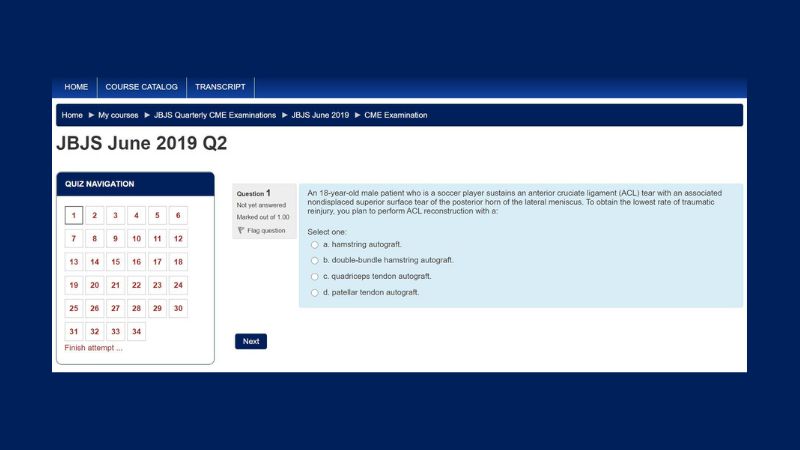

Dr. Greene appointed and promoted James Heckman as Editor-in-Chief and Mady Tissenbaum as the General Manager of JBJS, Inc. On December 31, 2002, the Board of Trustees froze the Defined Benefit Plan.

Also under Dr. Greene’s guidance, the agreement to make JBJS a member benefit of the AAOS was officially implemented. After a long-standing relationship, the separation of the American and British versions of The Journal of Bone and Joint Surgery began.
During his tenure, Dr. Greene reaffirmed the ongoing mission of JBJS for excellence in scientific publishing and encouraged the discussion of other alternative educational opportunities.

Dr. Urbaniak determined that JBJS should create a business plan for a commercially viable, online, electronic strategy. The member benefit agreement between the AAOS and JBJS was also revised and extended through 2011.
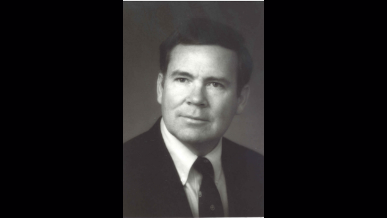

Dr. DeLee approved free subscriptions for all PGY2 through PGY5 residents and expanded the Journal Club program with the OREF for 2007 and 2008.
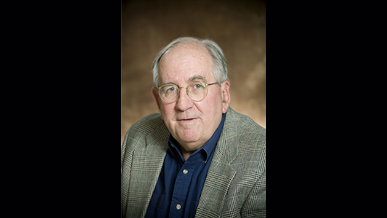
Dr. DeLee also initiated succession planning for the Editor role for 2009. The Board of Trustees had previously decided to pursue a position that combined the Editor role with a new CEO role.

Dr. Herndon created the International Development Committee to expand the global JBJS brand, extended the Joint Publishing Agreement with The British Editorial Society, and extended the AAOS/JBJS Member Benefit Agreement.

Under Dr. Herndon’s guidance, the strategic decision was made to change the traditional business model of JBJS—led by an Editor-in-Chief who also served as CEO—to one where the business functions (CEO & CFO) were separated from the editorial functions (Editor-in-Chief). Kent Anderson was hired as the first CEO/Publisher of JBJS.
To facilitate this change, a new Board committee— the Editorial Advisory Committee—was appointed to maintain open communications between the Editor-in-Chief and the Board of Trustees. Dr. Herndon improved Board communications with monthly conference calls and advanced Board education with strategic discussions led by experts at each annual meeting.

Dr. Hanley approved an expansion of journal titles, with the introduction of JBJS Case Connector, JBJS Essential Surgical Techniques, and JBJS Reviews. With Dr. Mark Miller, a joint venture was approved to develop the JBJS Virtual Recertification Course.

Additionally, Dr. Hanley oversaw the new Enterprise growth strategy led by Kent Anderson, CEO. The Enterprise approach would allow JBJS, Inc. to grow and diversify to meet short-term challenges and long-term stability
Under Dr. Hanley’s leadership of the Enterprise approach, the JBJS name was changed to Striatus Orthopaedic Communications, Inc. The relationships with the AAOS and AOA were redefined, establishing JBJS as a totally independent, non-profit organization. The long-standing business relationship between JBJS and its British counterparts was terminated, resulting in the British journal being renamed The Bone and Joint Journal. Also, JBJS moved its publishing platform from Highwire to Silverchair.

JBJS introduced a number of new journals during this period, including JBJS Case Connector, JBJS Essential Surgical Techniques, JBJS Reviews, and JBJS Open Access. The new journals were designed to increase the JBJS footprint and expand the delivery of high-quality orthopaedic content.
JBJS Case Connector launched in 2012, with Marc Swiontowski as Editor, and was envisioned as a way to improve the clinical usefulness of case reports. Through robust data mining, this valuable resource (now under the leadership of co-Editors Tom Bauer and Ron Lindsey) continues to provide unprecedented levels of connection among cases and assists orthopaedic surgeons in the search for precedents, associations, and trends in their efforts to improve patient care.
JBJS Essential Surgical Techniques also launched in 2012, under the editorial leadership of Ed Cheng and was designed to meet reader demand with step-by-step surgical videos. This video-based journal, featuring step-by-step demonstrations of orthopaedic procedures supported by evidence-based outcomes, offers a rich-media learning tool to residents and surgeons.
JBJS Reviews launched in 2013, with Tom Einhorn as Editor. It was designed to meet reader demand for comprehensive literature reviews, particularly among residents and surgeons seeking recertification. Comprehensive review articles, written by recognized authorities in the field, provide the reader with expert insights into orthopaedic research and clinical experience across 12 subspecialty areas.
JBJS Open Access launched in 2016 under the leadership of co-Editors Robin Richards and Eng Lee as a way to expand the ability of the organization to publish basic-science and clinical findings, as well as new research approaches, that have the potential of impacting musculoskeletal disease and injury care worldwide.
An upgraded website (“the Hub”) launched in 2017, allowing users to search across all JBJS journals, as well as webinars and other educational content, from a single location.
JBJS received accreditation from the Accreditation Council for Continuing Medical Education (ACCME) and introduced the JBJS Recertification Course, which prepares learners for the American Board of Orthopaedics Recertification Examinations. The course has evolved over time. See full product.
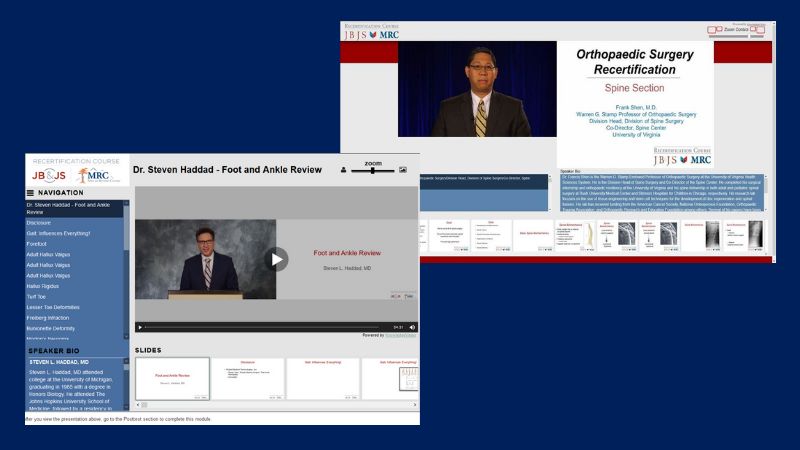

2014 marked 125 years of publishing the highest quality scientific content in the field of orthopaedics. Since its inception, JBJS has had the privilege of shepherding this content from the original, bound journal print issues to its modern electronic state.
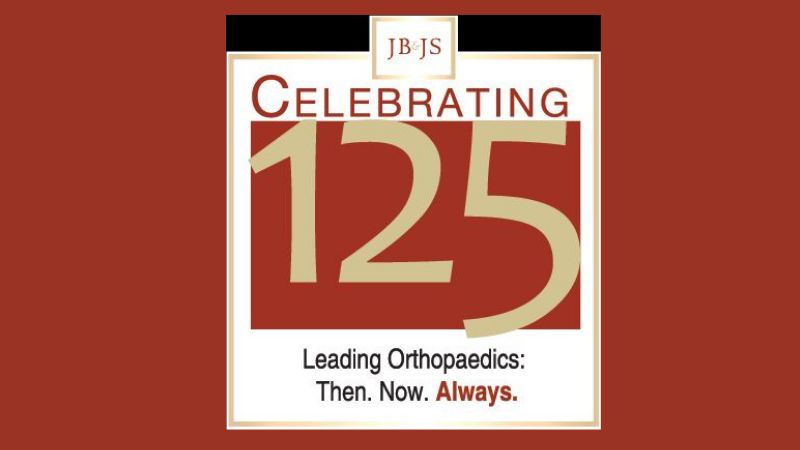

Under Dr. Gelberman’s leadership, JBJS entered its first significant publishing agreement with Wolters Kluwer Health, effective beginning 2016. Dr. Gelberman also authorized the asset acquisition of the Journal of Orthopaedics for Physician Assistants, now JBJS JOPA.

Dr. Gelberman also helped reorganize editorial roles at JBJS. He replaced Kent Anderson as CEO/Publisher and then split the responsibilities of the role. Mady Tissenbaum was promoted to Publisher, and Paul Sandford as CEO of JBJS, Inc., in August 2014.
Additionally, JBJS began the use of SocialCite for citation processing. Editorial assets further evolved as the SocialCite project was terminated in December 2014. JBJS preSCORE assets were also sold, and the organization changed its brand back to JBJS, Inc. from Striatus Orthopaedic Communications, Inc. Moving forward, JBJS would focus on the orthopaedic market prospectively.

Dr. Beaty expanded the JBJS product offering by launching JBJS Open Access in partnership with Wolters Kluwer and by building JBJS Clinical Classroom in partnership with NEJM Group and Area 9 Learning.
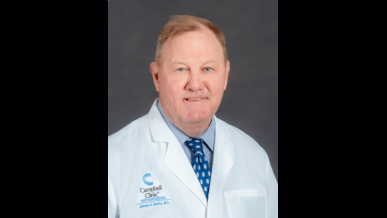
Dr. Beaty convened the Millennial Advisory Group to consult on the new JBJS website, jbjs.org. JBJS journals were moved from the Highwire platform to jbjs.org and the electronic journals platform of Wolters Kluwer. Under Dr. Beaty’s leadership, the Board of Trustees managed the transition following the termination of the AAOS/JBJS Member Benefit Agreement by the AAOS, which had been in place since 2002.
Further, JBJS sold its building in Needham, MA, at the height of the commercial real estate market, and then leased it back.

The move to a new publishing partner under Dr. Swiontkowski’s tenure aligned JBJS with a larger publisher with a strong base of trusted journals, providing new economies of scale and opportunities for the future.
The partnership, which brought together one of the most prominent brands in medical publishing and the premier publisher in the orthopaedic surgery market, marked the transition of the JBJS journals portfolio to a commercial publisher after more than a century of self-publishing.
With the partnership, JBJS became one of the flagship titles in Wolters Kluwer’s orthopaedic surgery portfolio and an essential title in its leading general surgery journal list.
The partnership also provided JBJS with the opportunity to develop additional education products and invest in building out its web site to meet the continually evolving needs of orthopaedists around the globe.
JBJS is excited to introduce the worldwide orthopaedic community to the new JBJS.org website. The website has been the focus for readers to review the current issue, access content not included in print, and perform searches of JBJS content.
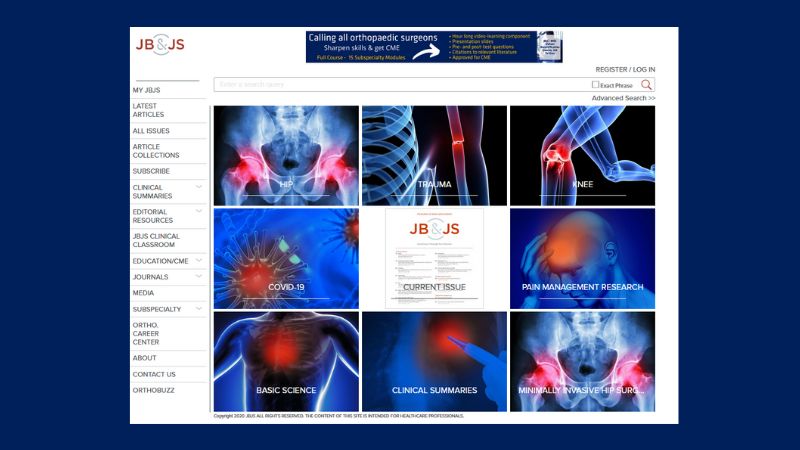

Dr. Mark Miller realized that there were very few textbooks or courses that offered concise and thorough reviews of orthopaedic topics. This was the genesis of Review of Orthopaedics, a best seller and Dr. Miller subsequently created the Miller Review Course, which is now in its twenty-fifth year.
The one-of-a-kind Pain Management Research Symposium was supported by a grant from the National Institute of Arthritis and Musculoskeletal and Skin Diseases (NIAMS award number 1R13AR076879-01) and hosted by The Journal of Bone & Joint Surgery.
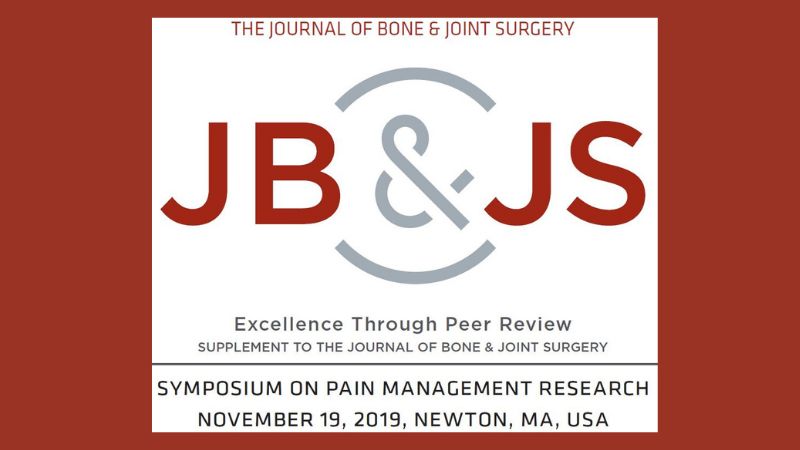

The International Consensus Meeting (ICM) convened a group of experts from around the globe to generate venous thromboembolism guidelines or recommendations that address real-world issues. Delegates from 135 international societies, 68 countries, and various specialties, including anesthesia, cardiology, hematology, internal medicine, and orthopaedics, were invited to comb through the literature in a systematic review format and to create practical recommendations related to all subspecialities in orthopedics that would also have global applications. This immense initiative engaged nearly 600 experts who followed the strict Delphi process, as in prior ICM activities, to generate the monumental collection.
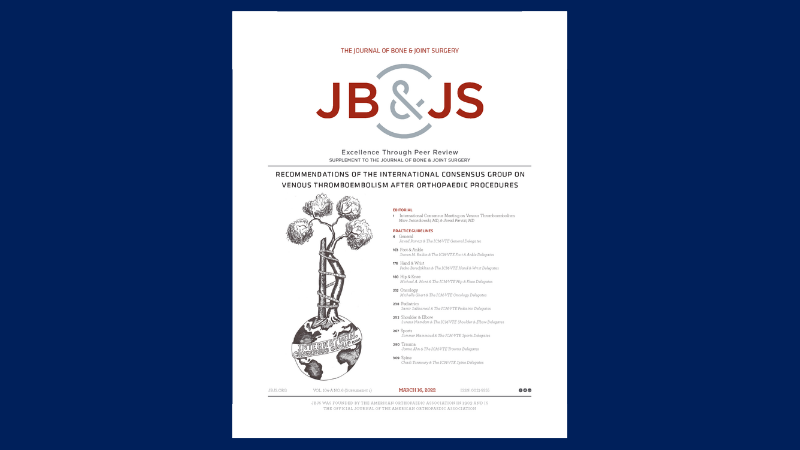
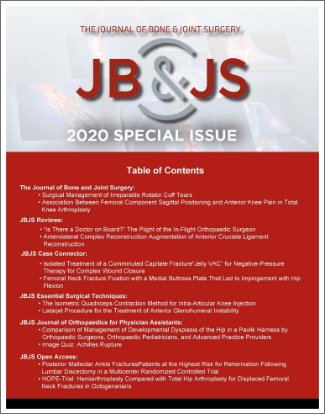
Sign up to receive your free JBJS 2020 Special Issue—a compilation of the most-read articles. You get twelve articles across six JBJS publications in this special issue.